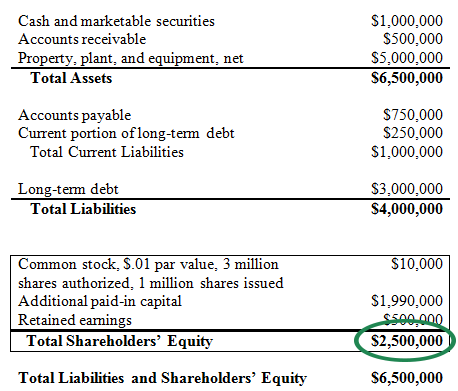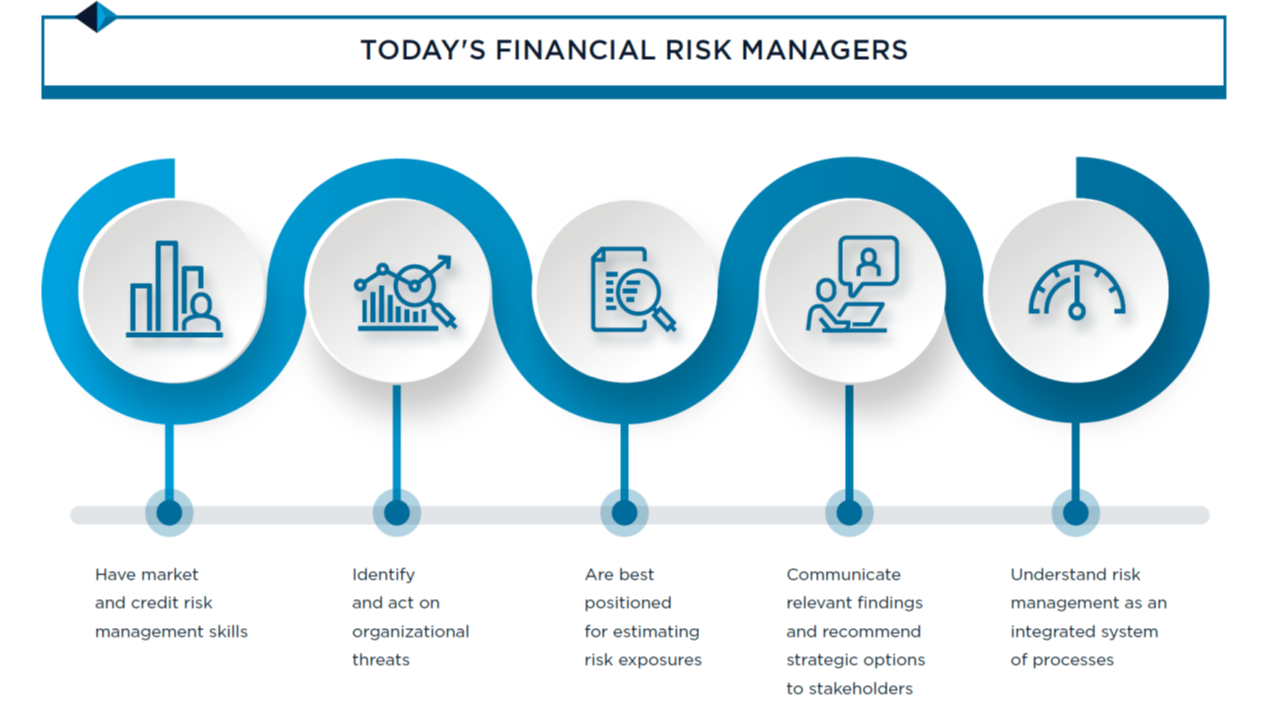The assignee has a lien on the automobile and can reclaim if you don't pay. Co-signer A co-signer is a personsuch as a moms and dad, close family member, or friendwho promises to pay back the loan if you do not. This can be a benefit both to you and your lender. A co-signer takes full responsibility to pay back the loan. Having a co-signer on your loan gives your lender extra guarantee that the loan will be paid back. If you do not repay your loan, your co-signer will be liable for payment even if the co-signer never ever drove your car. If you have actually been asked to co-sign a loan, you need to consider how it will impact your financial resources. In some states, the law permits the creditor to repossess your automobile without litigating. For more details, including meanings of typical terms utilized when financing or renting a vehicle, check out "Understanding Lorry Funding," jointly prepared by the American Financial Services Association Education Structure, the National Vehicle Dealers Association, and the FTC. To purchase print copies of "Comprehending Vehicle Financing," call the AFSA Education Foundation: (888) 400-7577.
A financing charge is a cost enforced on a consumer for obtaining credit. Financing charges consist of interest on financial obligation balances and any extra charges imposed by the credit-issuing entity. Below, you'll discover typical examples of finance charges that consumers face, and some ideas for minimizing the impact of these fees. A finance charge is any expense a consumer encounters in the process of obtaining credit and repaying financial obligation. Financing charges usually included any type of credit, whether it's a charge card, a service loan, or a mortgage. Any amount you pay beyond the amount you borrowed is a finance charge.
One of wfg federal way the advantages of having a charge card is that you can obtain cash without needing to settle your balance completely every month. However, taking your time to repay your financial obligation comes at a cost. Your provider will charge interest on any balance not paid off by the end of the month. That interest cost is a financing charge. If you miss out on a minimum payment deadline that falls beyond a grace period for your credit card, you could be charged a late payment fee, which is another example of a finance charge. Funding financial obligation is huge company in the U.S.
3 trillion. That's a 1. 1% boost since the 4th quarter of 2019, when family debt was already 26. 8% higher than it was in 2013. Many of that financial obligation (if not all of it) will include financing charges such as interest charges and loan processing charges. Finance charges are computed each billing cycle based upon the current prime rate. As of July 15, 2020, the Wall Street Journal determined the prime rate to be 3. 25%. This rate varies in response to market https://ameblo.jp/louisoghw718/entry-12686216618.html conditions and Federal Reserve policy, so your potential finance charge could vary regular monthly (What does leverage mean in finance). If how to get rid of a timeshare legally you have a fixed-rate loan, the financing charge is less most likely to vary, though it might still change based on aspects such as your payment history and timeliness.
Unknown Facts About Which Of The Following Would A Finance Manager Be Concerned With?
Credit card providers might determine finance charges using your day-to-day balance, approximately your everyday balance, the balance at the beginning or end of the month, or your balance after payments have actually been used. Your credit card agreement may likewise consist of a minimum financing charge that's applied anytime your balance undergoes a fee. For example, your credit card terms may include a $1 minimum finance charge, so if a billing cycle's charges are $0. 65, that'll be assembled to $1. You can lower the amount of interest you pay by decreasing your balance, asking for a lower rate of interest, or moving your balance to a charge card with a lower interest rate.
Finance charges can be listed in several put on your month-to-month credit card billing declaration. On the very first page of your billing declaration, you'll see an account summary noting your balance, payments, credits, purchases, and any interest charges. In the breakout of transactions made on your account during the billing cycle, you'll see a line item for your finance charge and the date the financing charge was evaluated. In a separate section that breaks down your interest charges, you'll see a list of your finance charges by the kind of balances you're bring. For instance, if you have a purchase balance and a transfer balance, you'll see details of the financing charges for each.

For mortgages, month-to-month payments are separated into primary and interest payments, in addition to extra expenses like real estate tax. In this case, the "primary" part of payments would not certify as a financing chargeit merely approaches reducing your financial obligation balance. The interest payments, on the other hand, are a financing charge. Making your minimum credit card payment is typically adequate to cover your financing charge plus a small percentage of the balance. Nevertheless, if you're only paying the minimum payment, your balance won't decrease by that muchit takes the bulk of a monthly payment simply to cover interest charges. Considering that your balance isn't decreasing substantially, you'll deal with another interest charge during the next billing cycle.

For those with significant debt, the minimum payment may not cover the month's finance charge. In this case, paying the minimum will lead to a larger balance. Minimizing debt will require payments beyond the minimum. A financing charge is a cost troubled a customer who obtains credit. Financing charges include interest charges, late charges, loan processing charges, or any other cost that exceeds paying back the amount borrowed. For many forms of credit, the financing charge changes as market conditions and prime rates change.